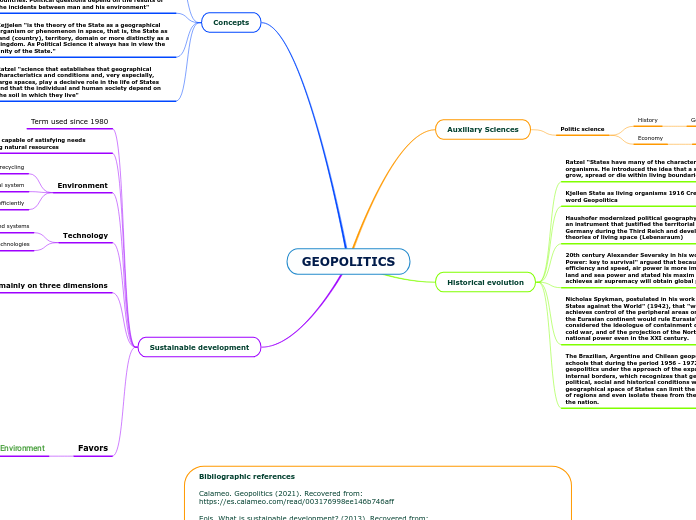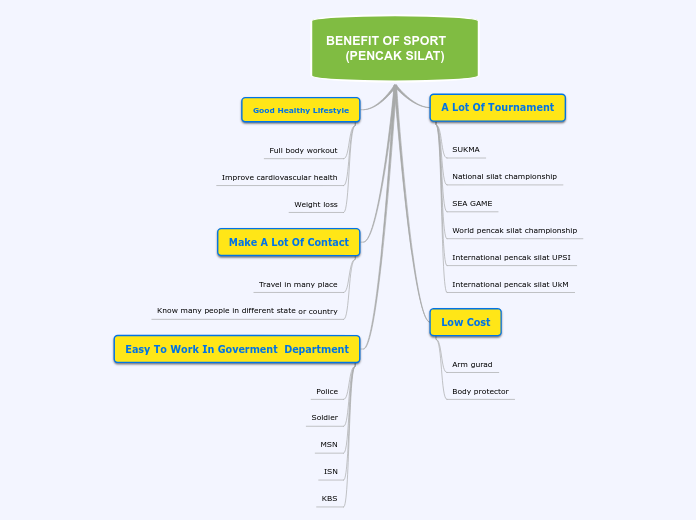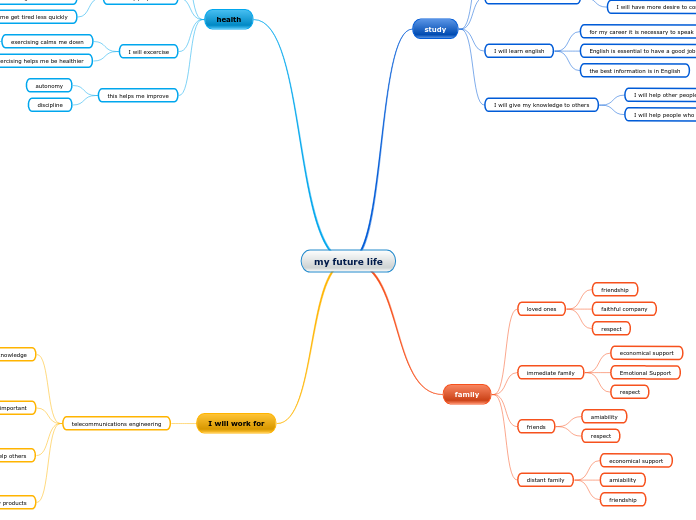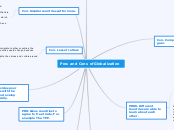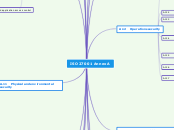jonka Estevan David 4 vuotta sitten
557
GEOPOLITICS
This collection of bibliographic references explores various significant themes including geopolitics, sustainable development, health determinants, and the theoretical frameworks defining the state and its geographic influences.
